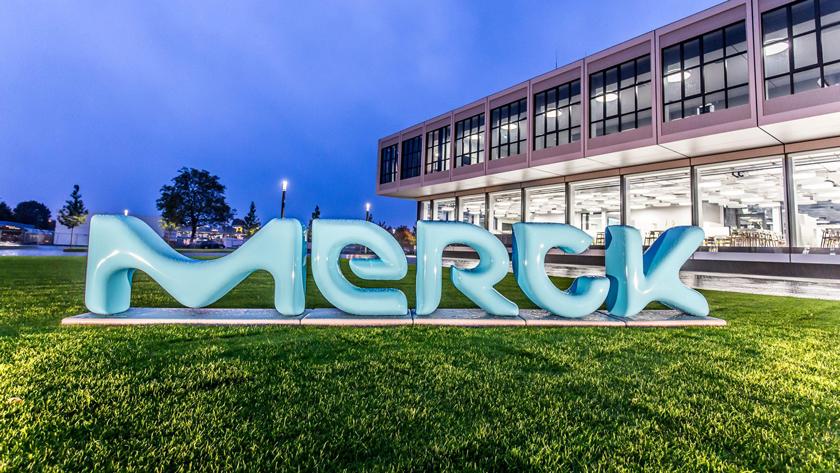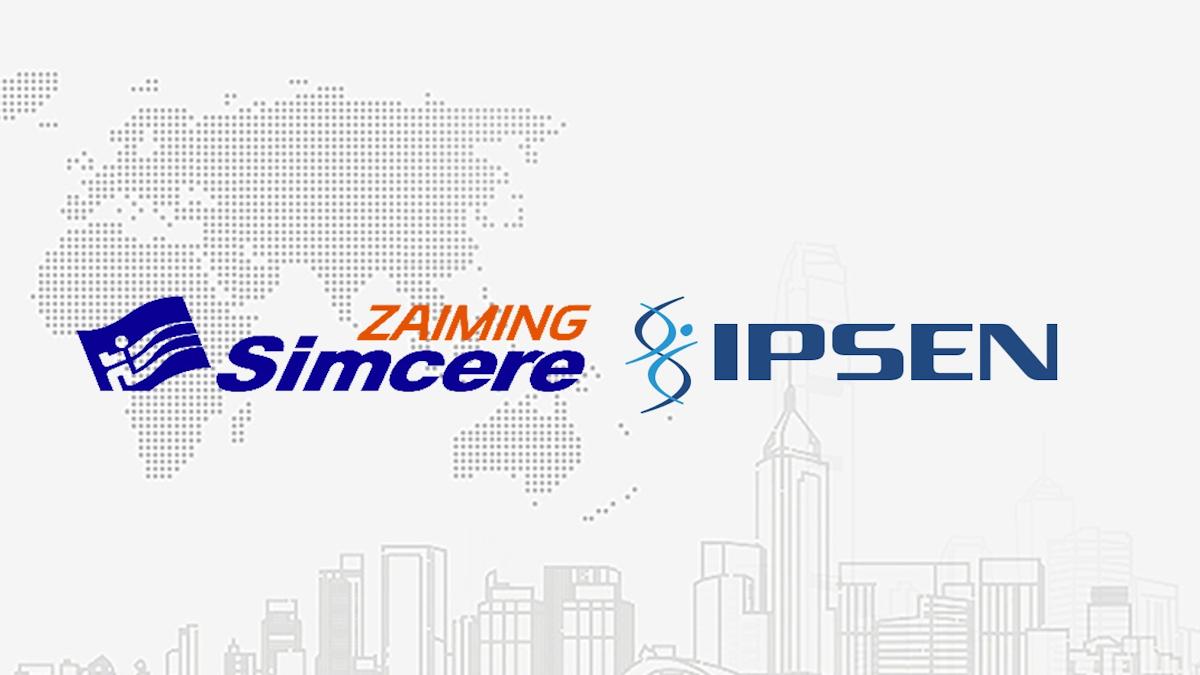Merck taps Caris’ AI expertise in ADC-focused alliance

Germany’s Merck KGaA has partnered with techbio company Caris Discovery in a $1.4 billion alliance that will apply artificial intelligence to the design of antibody-drug conjugates (ADCs) for cancer.
The deal between Caris and Merck’s US subsidiary EMD Serono includes an undisclosed upfront payment as well as research funding, along with discovery, development, regulatory and sales-based milestone payments and royalties on the sales of any ADCs that make it to market.
Caris’ involvement will be mainly in the discovery and design phase, with Merck taking over when candidates are ready for preclinical development. All told, the multiyear partnership envisages the development of ADCs against up to 15 “first-in-class” cancer targets, said the company, which is a subsidiary of lab testing group Caris Life Sciences.
The alliance will draw on Caris’ database of clinical and omics data, the AI analytics engine that is used to interrogate it, and its ADAPT Biotargeting platform – which looks for differences in protein expression patterns between patients with and without a disease that could be used as novel biomarkers or drug targets.
Merck’s global head of oncology R&D, Paul Lyne, said the programmes will “complement our internal ADC capabilities to develop novel first-in-class ADCs and ultimately strengthen our potential to expand our oncology portfolio.”
The company is in the midst of a drive to double the productivity of its R&D operations so it can launch a new product every 18 months, and has been stepping up external partnering with ADCs a big part of its future plans.
Its current ADC pipeline is headed by CEACAM5-targeted M9140, the first made using its proprietary in-house platform, which is in early-stage clinical testing for colorectal cancer and other solid tumours.
The Caris deal comes a few months after Merck abandoned an earlier pact with Mersana Therapeutics that was focused on a proprietary payload for ADCs, although it is still working with the company on another $830 million partnership focused on the discovery of STING-agonist ADCs. Last year, the German group also took an option on a claudin18.2-targeted ADC from Jiangsu Hengrui Pharmaceuticals.
Caris, meanwhile, has been steadily building partnerships with pharma groups in the last few months. The Merck deal follows an alliance earlier this year with AbbVie and ConcertAI, aimed at improving the efficiency and success of cancer clinical trials, as well as projects with Roche’s Flatiron Health on real-world evidence oncology studies and Moderna on mRNA cancer therapy development.













